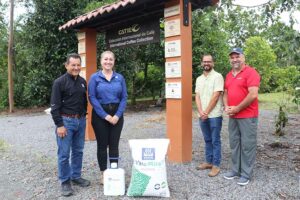Rural organic banana companies in Peru and Dominican Republic strengthen their management capabilities
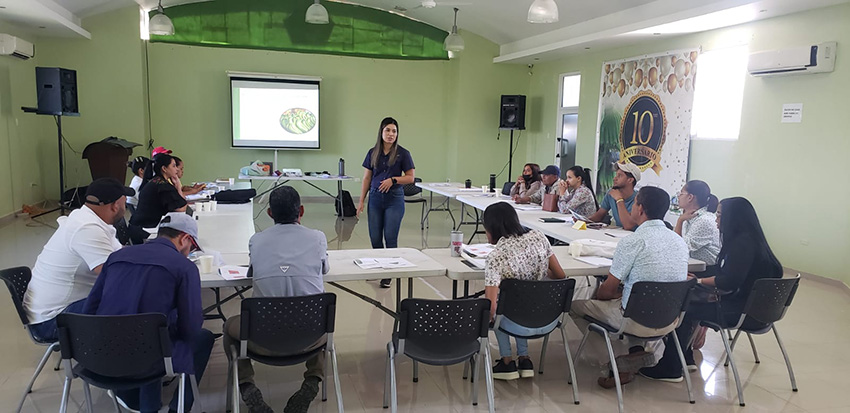
- The capacity building process is developed by CATIE.
March 2, 2023. Eleven rural associative organic banana companies, five from Peru and six from the Dominican Republic, are strengthening their management capacities under the guidance of experts in sustainable agribusiness from the Environmental Economics and Sustainable Agribusiness Unit (UEAAS/EfD) of CATIE (Tropical Agricultural Research and Higher Education Center), as part of the Fair Trade Banana Peru and Dominican Republic project.
The project is promoted by the Latin American and Caribbean Coordinator of Small Fair Trade Producers and Workers (CLAC, its Spanish acronym) and during the month of February the fourth Territorial Business Training School (EFET, its Spanish acronym) was held, in which the topic of internal processes in the organization was worked on to make improvements visible, detect bottlenecks and determine critical points. Also, the topic of cost structure was developed to improve economic performance and learn about the productive and financial break-even point.
In the case of Peru, 33 people from five cooperatives (APBOSMAM, COOPAG, APPBOSA, CAPEBOSAN and APOQ) participated in this EFET; while in the Dominican Republic, 18 people from six cooperatives (Las Mercedes, La Santa Cruz, AZUABANA, ASOANOR, BANELINO and ASOBACAS) participated.
"Currently, the banana sector is facing major challenges that have had an impact on the economic situation of organizations and producers, including post-pandemic effects, the container crisis and the war between Russia and Ukraine; situations that have raised the price of inputs, specifically fertilizers and organic fertilizers. When analyzing these issues during the EFET with the participants, the importance of having a detailed cost structure to control costs (especially variable costs) and visualize profit margins was noted. Through training processes such as the one being developed with CLAC, an impact is generated in producer organizations and their families, since the topics developed are practical and applied," said Anthony Gamboa, facilitator of the EFET in Peru, on behalf of CATIE.
Susana Acuña, EFET facilitator in the Dominican Republic from CATIE, said that the experience of sharing knowledge with banana organizations in the Dominican Republic was gratifying, as it showed that people are fighting for the welfare of their associates and that the knowledge they acquire is not only put into practice in their organizations, but also at a personal level. "One young woman told me during the workshop that what she has learned has not only been put into practice in her organization, but has also been useful in her small business. The seed of knowledge that we transmit in these workshops can bear great fruit," said Acuña.
The project is currently in its eleventh month of implementation and has developed initial diagnostics, a strengthening plan, four EFET sessions and at least five Business Technical Assistance (BTA) sessions per organization. At the end of the process, a final diagnosis will be applied to identify the changes achieved.
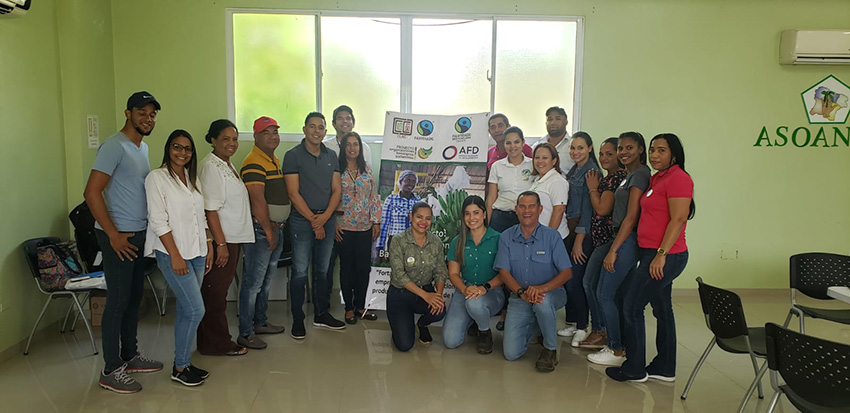
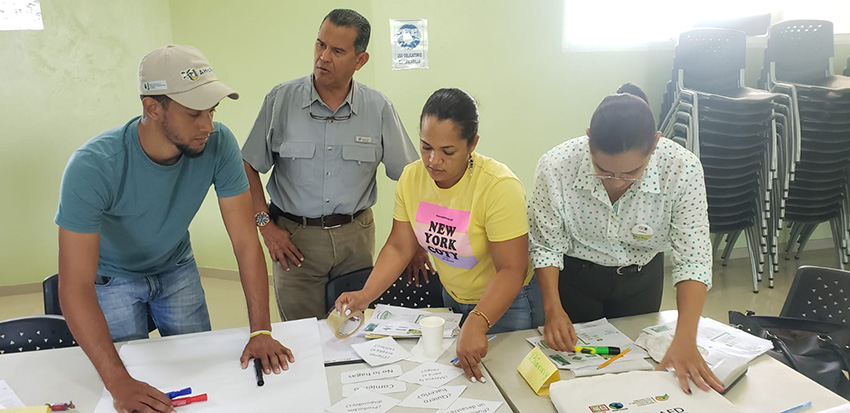
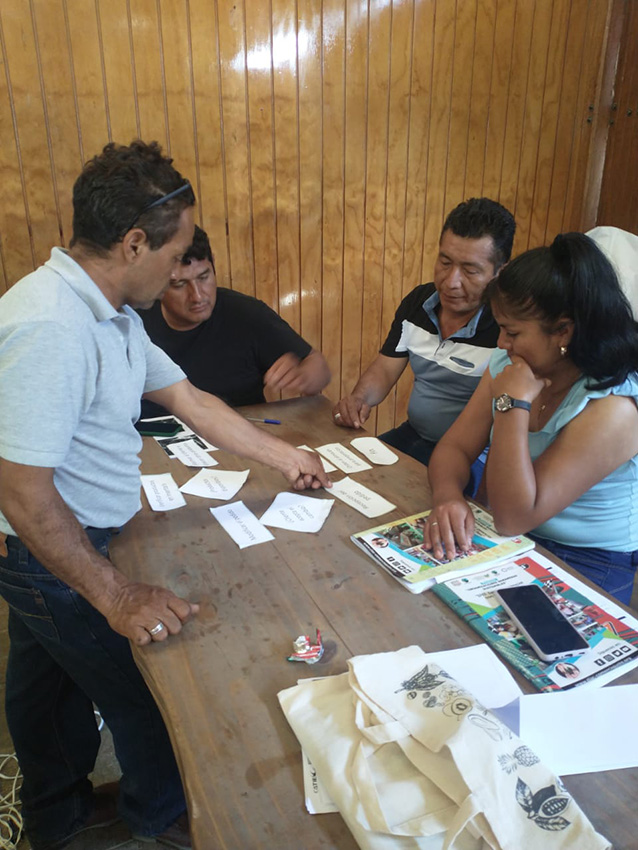
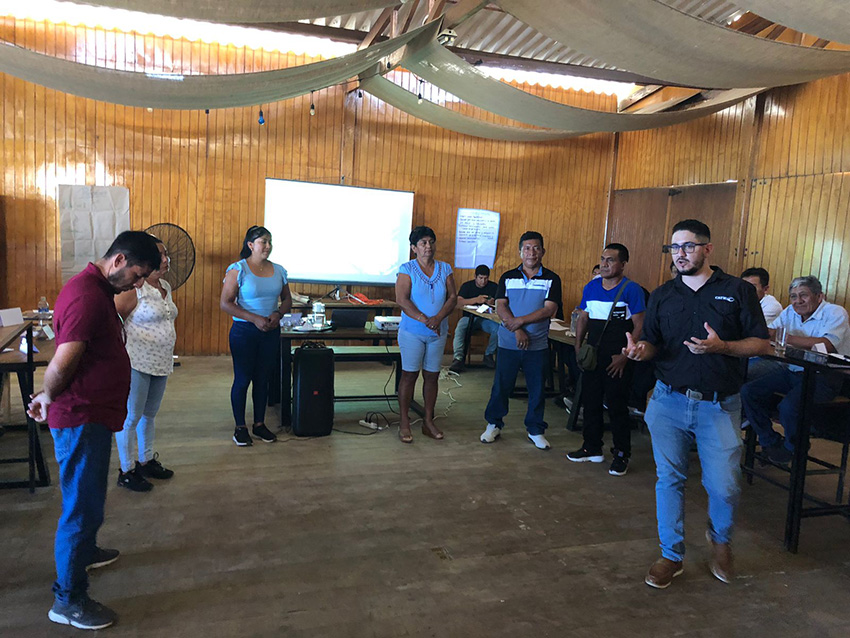
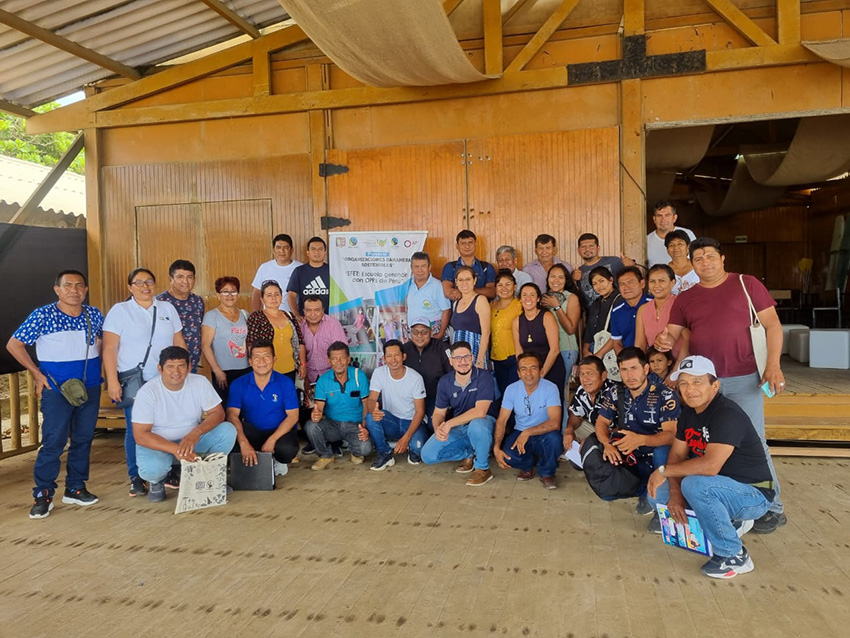
Credits: Fabiola Seminario and Thania Polanco of CLAC.
More information:
Anthony Gamboa Chavarría
Researcher
Environmental Economics and Sustainable Agribusiness Unit (UEAAS/EfD)
CATIE
Written by:
Karla Salazar Leiva
Communicator
Information Technology and Communication
CATIE

